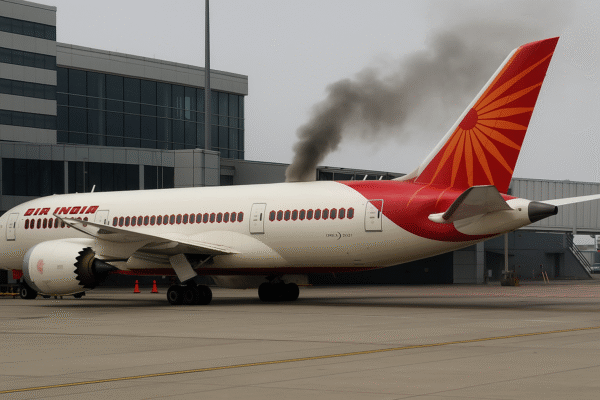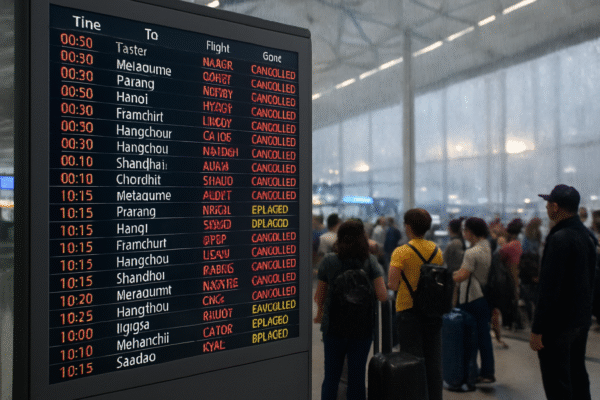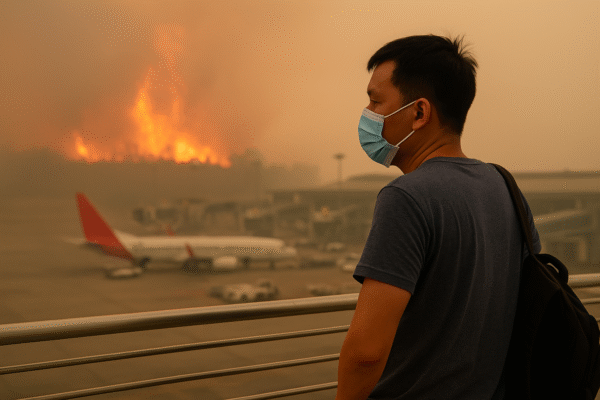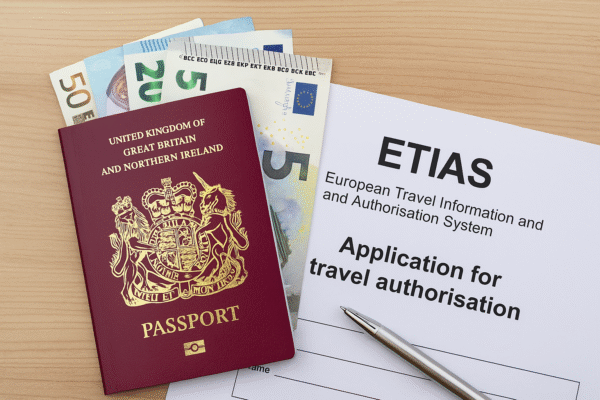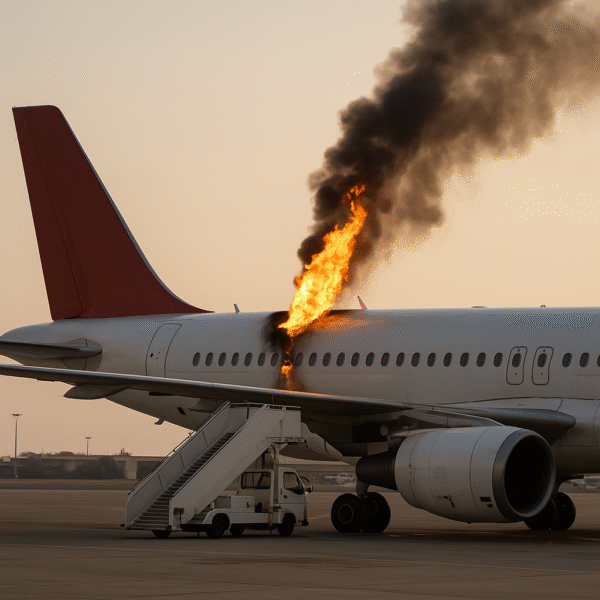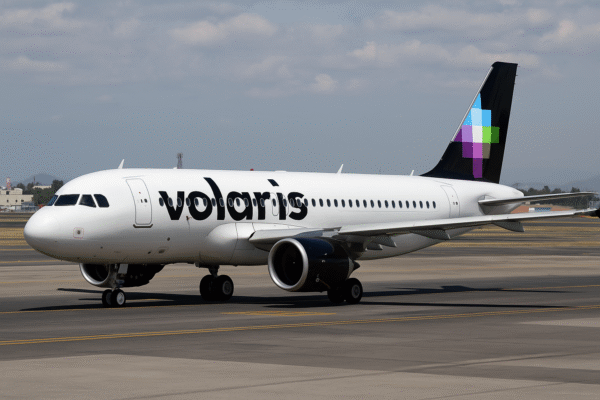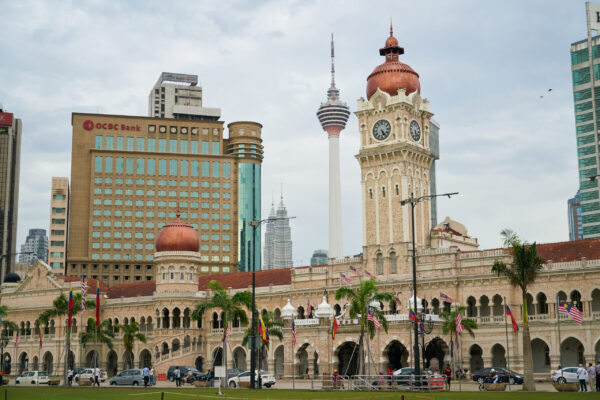KUALA LUMPUR, MALAYSIA — Malaysia has become the latest country to experience a significant immigration system failure, joining a growing list of nations—including the United States, Canada, the United Kingdom, France, Australia, Japan, and Singapore—grappling with technology breakdowns at border checkpoints. The disruption has caused widespread delays at Kuala Lumpur International Airport (KLIA), key land crossings in Johor, and other major entry points, leaving thousands of travelers stranded and immigration halls overwhelmed.
The malfunction, which disabled more than 200 of Malaysia’s 1,500+ autogates, forced authorities to resort to manual passport checks—a time-consuming process that has led to hours-long queues, frayed tempers, and missed connections during one of the busiest travel seasons of the year.
Breakdown of Malaysia’s Automated Border System
The epicenter of the chaos was KLIA Terminals 1 and 2, along with the Bangunan Sultan Iskandar (BSI) and Sultan Abu Bakar (KSAB) Customs, Immigration, and Quarantine (CIQ) complexes in Johor, key gateways for travelers moving between Malaysia and Singapore.
The automated gates, used by both citizens and travelers from 63 eligible countries, suddenly went offline due to a MyIMMS (Malaysian Immigration Management System) failure. The data integration crash prevented foreign travelers from being processed electronically, prompting emergency deployment of immigration officers to conduct manual checks at all open counters.
Although Malaysian passport holders were generally unaffected, international travelers bore the brunt of the disruption, facing delays of up to four hours, according to social media reports.
Investigation and Possible Cybersecurity Breach
While officials initially blamed a technical integration fault, ongoing investigations are exploring the possibility of external interference, including a cyberattack. The Ministry of Home Affairs has confirmed that cybersecurity experts are involved in the probe to assess whether malicious actors may have played a role in the system’s collapse.
Malaysia’s Minister of Home Affairs, Datuk Seri Saifuddin Nasution Ismail, acknowledged that the failure mirrored earlier incidents—including a December 2024 disruption—and emphasized the government’s commitment to modernizing and securing immigration systems nationwide.
A Wider Trend in Global Travel Tech Failures
Malaysia is not alone. In the past four years, several major countries have experienced immigration system breakdowns:
- United Kingdom (May 2024): A nationwide e-gate failure led to four-hour delays at Heathrow, Gatwick, and other major hubs.
- United States (2021): Automated Passport Control (APC) kiosks crashed across key airports, including JFK and LAX, affecting thousands.
- France (2022): The PARAFE biometric gates at Charles de Gaulle Airport went offline, forcing manual processing.
- Australia (2022): The SmartGate system malfunctioned, delaying citizens and foreign nationals at all international airports.
- Canada (2022): Primary Inspection Kiosks (PIKs) at Toronto Pearson experienced disruptions, leading to passenger bottlenecks.
Singapore and Japan have also reported intermittent technical issues in 2023 and early 2025.
Peak Travel Season Adds to the Strain
The timing of Malaysia’s failure could not be worse. July marks the peak summer travel season, with travelers pouring in for school holidays, business travel, and regional tourism. Malaysia’s autogate expansion program, designed to ease congestion and enhance border efficiency, was rolled out in part to accommodate this seasonal spike. The failure, however, revealed system vulnerabilities, especially in handling international visitor traffic during critical times.
Social media users posted videos of immigration halls overwhelmed by long queues, particularly at KLIA and the Johor-Singapore crossings, prompting concerns about passenger safety, missed flights, and the resilience of digital border infrastructure.
Response Measures and Traveler Advice
To manage the surge, immigration authorities:
- Deployed additional personnel to manually check passports at KLIA, BSI, and KSAB.
- Opened all available manual counters to speed processing.
- Shared real-time updates via social media and airport monitors.
- Assisted vulnerable travelers, including the elderly and those with medical needs.
Travelers passing through Malaysian entry points in the coming days are advised to:
- Arrive 3–4 hours before departure, especially at KLIA.
- Monitor updates from Malaysia Immigration on X (formerly Twitter) and official government websites.
- Expect longer queues for both arrivals and departures.
- Avoid non-essential travel across border crossings during peak hours until the system is stabilized.
Long-Term Impact and Calls for System Upgrades
Industry experts and aviation analysts say this breakdown underscores the urgent need for resilient and secure immigration infrastructure, especially in global transit hubs. KLIA, which handled over 40 million passengers in 2024, is critical to Malaysia’s role as a Southeast Asian air travel hub.
This is Malaysia’s second major immigration disruption in under a year. In December 2024, a network switch failure at BSI CIQ halted both autogate and QR scanning systems. The recurrence has raised questions about system redundancy, maintenance protocols, and cyber defense capabilities.
Conclusion: A Wake-Up Call for Border Security Tech
Malaysia’s immigration system failure comes amid a global reckoning for border control technology. As more countries move toward automated processing, the need for robust cybersecurity, regular system audits, and multi-layered backup protocols becomes essential.
Malaysia, like other affected nations, must now balance efficiency with resilience and traveler confidence. With digital threats rising and travel demand surging, governments worldwide will need to invest heavily in secure, scalable, and interoperable immigration systems to keep global mobility safe and seamless.
As investigations continue, travelers are urged to plan ahead and remain patient. In the age of smart borders, even the most advanced systems need smart planning—and contingency readiness—to keep borders moving.
For more travel news like this, keep reading Global Travel Wire




